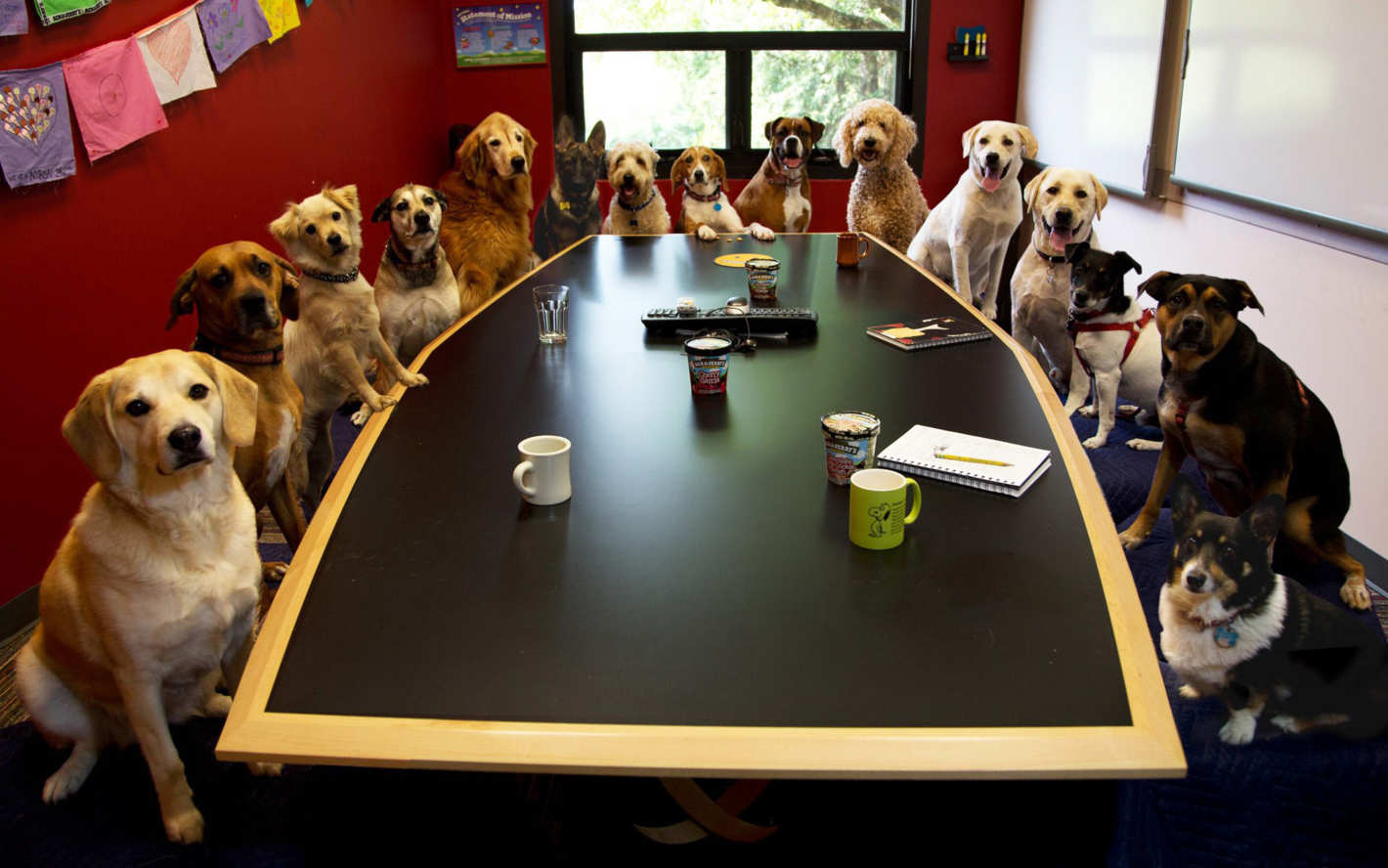An Awfully Good Meeting
By Dr. Rebecca Kronk
"It has to be an awfully good meeting to beat having no meeting at all." - Boyd K. Packer
On a December evening, in an obscure university classroom in Pittsburgh Pennsylvania, a bit of magic happened. ACHIEVA sponsored a roundtable event advertised as an opportunity to discuss advancing inclusive healthcare with leading experts. Dr. Rick Rader and Dr. Steve Perlman were in the city to receive the Sattler Humanitarian Award for a lifetime achievement in disability advocacy and health equity. The invitees attending the roundtable numbered about eighteen and represented a variety of healthcare professionals, deans of colleges, community advocates, and county officials. Some attendees knew each other well, while many had never met each other prior to the gathering, but each had a common bond and passion to promote equitable healthcare. During introductions, each attendee chose one of the following items to share:
What has been the most impactful change in disability care that you have witnessed, either locally, or regionally, or in a broader sense.
Share a “secret sauce ingredient” that may have led to a successful outcome to an advocacy, educational, or clinical program.
What may be next on your wish list for future endeavors?
If you could ask Rick or Steve a burning question about their extensive experiences, what would it be?
Whether it was the more meaningful and purposeful sharing of self, or the opportunity to witness close up decades of achievement and hard-won advocacy shared by Drs. Rader and Perlman, there was a collective experience that resulted in an awfully good meeting. Here are just a few responses form attendees:
“ACHIEVA sponsored a roundtable event advertised as an opportunity to discuss advancing inclusive healthcare with leading experts. Dr. Rick Rader and Dr. Steve Perlman were in the city to receive the Sattler Humanitarian Award for a lifetime achievement in disability advocacy and health equity.”
It is sobering to hear the long history of discrimination that people with disabilities experience in getting even the most basic oral health care. I am always inspired by hearing from pioneers like Dr. Rader and Dr Perlman, who have spent decades treating patients and working tirelessly to educate decision-makers and advocate for change. At one point, I looked around the room and was struck by how many advocates in our community were gathered, across institutions and disciplines, all working to advance accessible health care and dental care for people with disabilities. It gave me hope. -- Kristy Trautmann, Executive Director, FISA Foundation
I was very happy to participate in the roundtable event. It was very humbling to be in the presence of all of those individuals who have been involved in working to improve the care of individuals with disabilities. Rick and Steve have accomplished so much over the years. Their stories highlighted not only what has been done so far, but also how much work still needs to be done. --Sue Williams, Assistant Dean for Clinical Skills and Simulation Education
Even though I am embedded in a group practice within a large health system, I am the only provider caring exclusively for patients with developmental disabilities. It can be very isolating on a day-to-day basis. Hearing from Drs. Rader and Perlman about the history of AADMD and their work, and gathering with others in our area provided a much-needed connection. In the week since the roundtable, I have discussed dental care with three separate families. Today, I met with a Special Olympics athlete and was able to share information about the health care program. Systems barriers to medical care occur too often to count. It has been invigorating to bring the village of our national and local experts and allies to the children for whom I care. -- Bethany Ziss, Developmental and Behavioral Pediatrician
It was a privilege to participate in the Roundtable Discussion on Oral Health and Disability with Drs. Rick Rader and Steven Perlman at Duquesne University. Their leadership, advocacy, and longstanding commitment to providing equitable, compassionate, and accessible dental care for people with disabilities were truly inspiring. Drs. Rader and Perlman’s reflections on their careers, dedicated to people with disabilities, highlighted both the progress made in inclusive oral health care and the ongoing need for advocacy and training of dental students and practicing dentists in providing equitable care. While systemic barriers to accessing inclusive dental care persist, the advocacy and leadership of these individuals serve as a powerful reminder of what tenacious and dedicated leadership can achieve. -- Shani Lasin, Senior Program Officer, FISA Foundation
A recent book authored by Priya Parker, entitled the Art of Gathering, How We Meet and Why it Matters, encourages that we should gather in more meaningful ways and to focus on the things for which we hold a deeper commitment in an effort to arouse one’s passions. The author roughly translates the Japanese words for Ichi-go Ichi-e to “one meeting, one moment in your life that will never happen again.” I cannot think of a better example of this type of gathering then the one briefly described here on that December 2024 meeting.
About the Author
Dr. Rebecca Kronk is Professor and Associate Dean, Duquesne University School of Nursing, Fellow in American Academy of Nursing (FAAN) and the NLN Academy of Nurse Educators (ANEF). Dr. Kronk earned a PhD in Applied Development Psychology at the University of Pittsburgh and was a fellow in the Maternal and Child Leadership and Education in Neurodevelopmental Disabilities (LEND) program. Dr. Kronk promotes disability health education through the Consultants with Disability Simulation Program and Stages II Theater camp. Past president and current board member of ADHCE.


